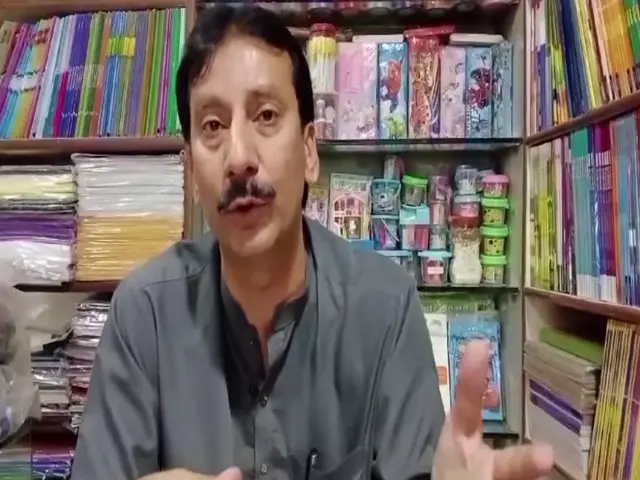Protests in PoJK amid ongoing electricity crisis, economic struggles

Muzaffarabad: A fresh wave of protests erupted in Pakistan-occupied Jammu and Kashmir (PoJK), as residents expressed growing frustration over the administration's failure to address persistent issues that have long plagued the region.
The protests are fuelled by a combination of economic hardship, inadequate public services, and unfulfilled promises from authorities, with local activists warning that the situation could escalate if the government does not act quickly.
At the heart of the unrest is the ongoing electricity crisis. While the administration recently announced a reduction in electricity prices, residents argue that the relief has been largely symbolic. Instead of improvements in the energy supply, they say the government has reduced the voltage of electricity and increased the frequency and duration of power outages. As a result, many parts of PoJK are now enduring long periods of load shedding, exacerbating their economic struggles.
Shaukat Nawaz Mir, a prominent activist from the region, voiced the public's growing frustration, saying "The call for protest, issued by the Jammu Kashmir Joint Awami Action Committee, is clear. If the issues of the people are not addressed, the demands outlined in our charter will not go unnoticed. The public will take to the streets, and this time, they will come out with a clear agenda for change."
Certain local residents, already struggling to meet basic needs, are facing increasing difficulties due to the unreliable power supply. In several areas, power outages have become a daily reality, affecting businesses, education, healthcare, and daily life. For many, the electricity crisis is just one more broken promise from a government that has consistently failed to deliver on its commitments.
Despite PoJK's strategic importance and natural beauty, the region has long been neglected by Islamabad, with many residents feeling disenfranchised. Promises of economic development, improved infrastructure, and better public services have failed to materialise, leaving the population feeling trapped in a cycle of poverty and broken hopes.
The lack of meaningful economic opportunities and essential services has led to widespread disillusionment and frustration.
The growing protests reflect broader demands for political and economic reforms, with many in PoJK calling for more autonomy, greater political representation, and an end to what they perceive as years of neglect by the Pakistan government.
Activists argue that these issues go beyond just electricity, and include a wide range of economic, political, and social concerns that need to be addressed to ensure the region's development and the well-being of its residents.

